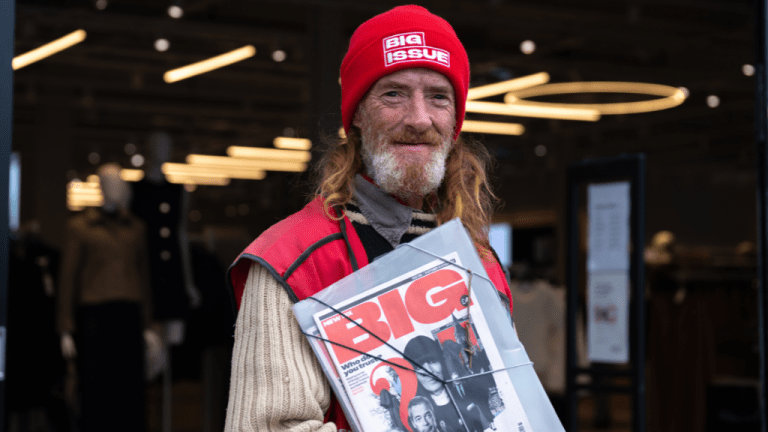No matter who we are, or where we come from, we all deserve secure housing to keep ourselves and our families safe. I’m a clinical psychologist at Freedom from Torture’s London centre and I’ve been shocked to see how refugees have found themselves in dire situations as a direct result of government policy.
Securing recognition of refugee status should be a moment of celebration for people who’ve been waiting years to rebuild their lives in safety. Instead, we’re seeing survivors of torture end up in desperately vulnerable situations. Every day in our therapy rooms up and down the country we’re seeing the very real impact of short-notice evictions and the threat of homelessness on survivors and their chances of recovery. This is just one of those stories.
- Most Brits agree next government must offer safe routes for refugees. So why is nobody talking about it?
- I came to the UK after fleeing Nazis. Government hostility towards today’s refugees is inexcusable
Mahmoud and his family received their refugee status at the end of 2023. They were given the statutory time (between seven to 28 days) to leave their flat, but all they were offered was a hotel in the north of England. This was almost 300 miles away from friends and the children’s schools, in a place they didn’t know. The hotel was offered only as ‘temporary’ and there’s no way of trusting what the timescale would be. It’s also approaching the summer term when the children have crucial exams. Back in his home country, Mahmoud was denied any education, despite being very intelligent. He’s extremely keen that his children have every opportunity to learn and that their chances are not impaired by breaks in attendance.
They were told that this hotel was their only option. But despite this, and although they ran the risk of homelessness, the family refused it. Instead, they tried to find private accommodation but there’s a cap on housing benefits which can affect those looking for somewhere to stay.
The family were given hotel accommodation in London that has been supported by charities, but each week they’re threatened with being kicked out onto the streets. They’re all very depressed, anxious, and angry about their current situation. Mahmoud has expressed thoughts of self-harm because of the extreme stress his family are going through.
I know that people think hotel accommodation can’t be all that bad, but it really is. The family has to eat meals lacking in variety and nutritious quality. There’s a lack of options and facilities. Mahmoud and his family should by now have extra money, but they’re still waiting to be given access to the benefits system for those who have been given asylum status.









